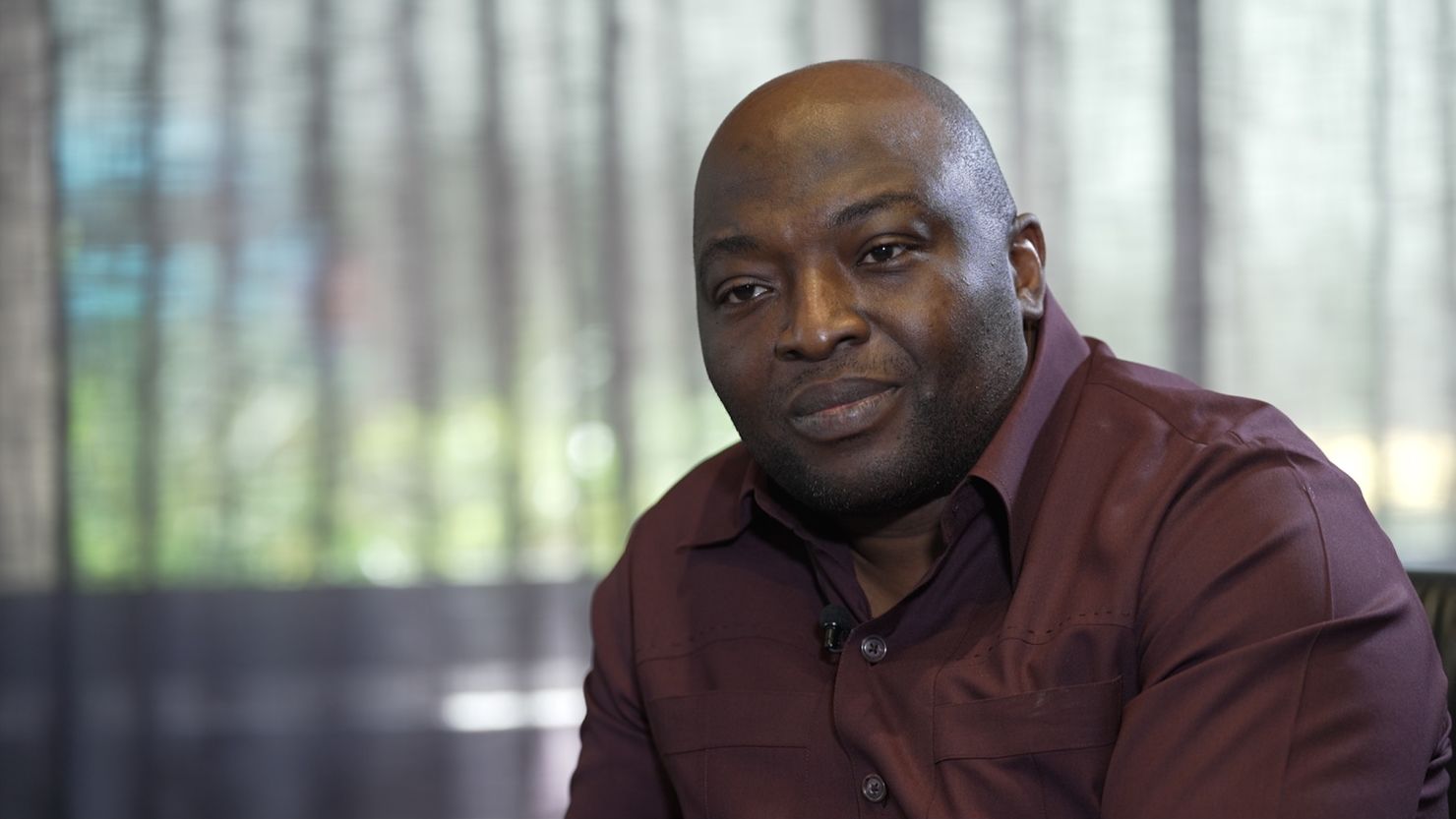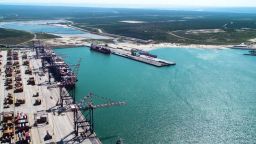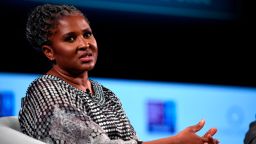Africa’s energy sector faces a huge challenge: how to bring reliable access to electricity to hundreds of millions of people, while containing carbon emissions.
Currently, the continent only produces 3% of global greenhouse emissions, although it’s home to one fifth of the world’s population. Nearly all of Africa’s 54 countries have signed the Paris Agreement on climate change, and many have committed to reach net zero by 2050. However, much of the population still lacks access to electricity.
Ahead of COP 27, CNN’s Eleni Giokos discussed this and other topics at Africa Energy Week in Cape Town, with Verner Ayukegba, Senior Vice President of the African Energy Chamber, which works with businesses in the continent and promotes energy growth.
This interview has been edited for length and clarity.
How would you describe the current state of Africa’s energy portfolio to a global audience?
Ayukegba: With 600 million people without any kind of access to energy, and 900 million people — mostly women and children — without any access to clean cooking fuels, we need to focus on investing significantly into generating power for all of those people. At the African Energy Chamber, we have decided to champion making energy poverty history by 2030. We need to throw everything at it, because at the core of development there is reliable and affordable energy. If you don’t have that, there’s no point talking about access to education or healthcare.
How do you reconcile this developmental challenge with the climate change agenda?
Ayukegba: We shouldn’t have it as a binary situation in that sense. We need to make sure that we solve, of course, the climate issues, but also the power issues. You do not have to get people into a situation where they have to choose either to have a job, or not have a job because of the climate situation.
We need to be able to look at gas-to-power solutions to ensure that people have the power that they need. We need to transition, but we need to consider the social aspects of the transition. I think people miss that a lot and say, “Close this coal mine,” but what they don’t see are the families, the communities, that have grown in and around these industries. So when you talk about transition, it’s not just about power, it’s about people. It’s about people’s lives.
UN Secretary-General António Guterres last year referred to a UN climate report as “code red for humanity.” Does that worry you in terms of what that will mean for Africans?
Ayukegba: It absolutely does, but the thing is, you have to go where the pollution is and ask those who are polluting to cut the pollution.
Africa has several oil and gas-producing nations, but often they are not able to meet their own demand for energy, and end up importing refined oil products. How is that going to change?
Ayukegba: It is certainly not a new problem, and I think the authorities in many of these African countries are trying to address it. Obviously, it’s something that should have been addressed for some time.
It’s fair to say that Nigeria, with a number of projects, is looking to grow infrastructure internally to be able to address that. It’s appalling, there’s no running away from that, but we need to be able to address those deficits and certainly, the governments are trying to.
What do you think the messaging should be at COP27?
Ayukegba: We are going to be there to support a transition towards renewables and towards a world that goes closer to net zero. What we are saying, however, is that you can’t transition in Limpopo [South Africa] in the same way you transition in New York. You certainly cannot transition in London, or in Berlin, or in Stockholm in the same way you transition in Lagos. We have to be realistic about these things. If not, people won’t take us seriously.
Do you feel that African voices were taken seriously at COP26?
Ayukegba: No, clearly not. For anybody who has a constituency with 600 million people without power, you need to talk differently about these issues. We are seeing the problems and the issues that farmers are already having — longer droughts and all of that — and so we agree at the Chamber that we have issues with energy transition, with the way that the climate is changing. However, if in the US your fridge uses more power in a year than an African family, where do we start in terms of addressing the problem?








